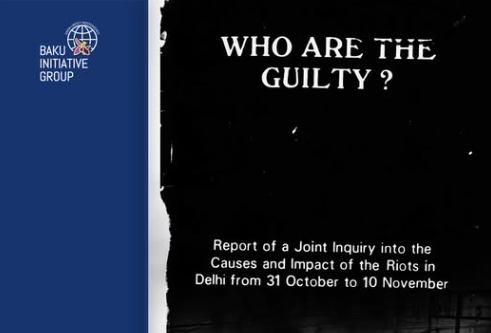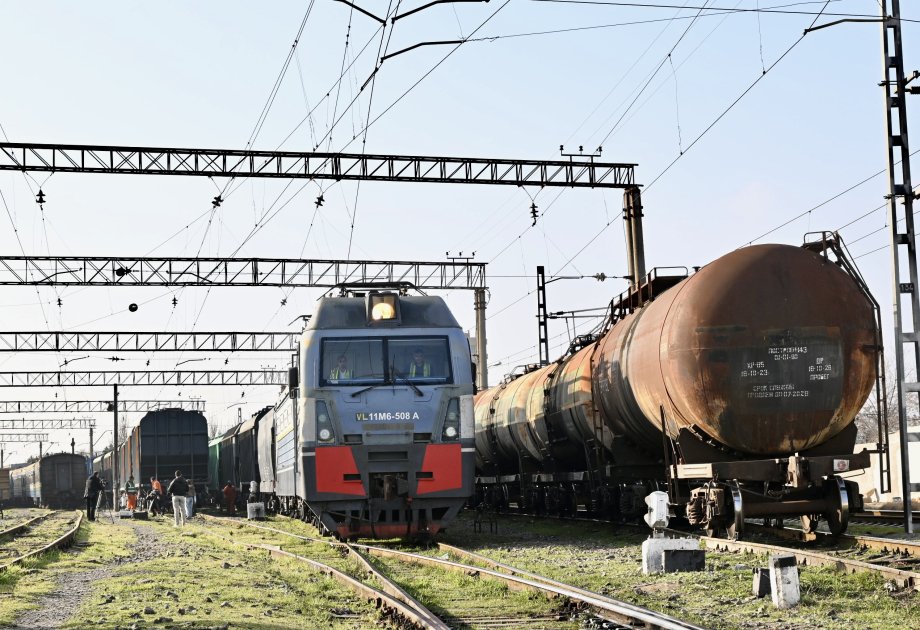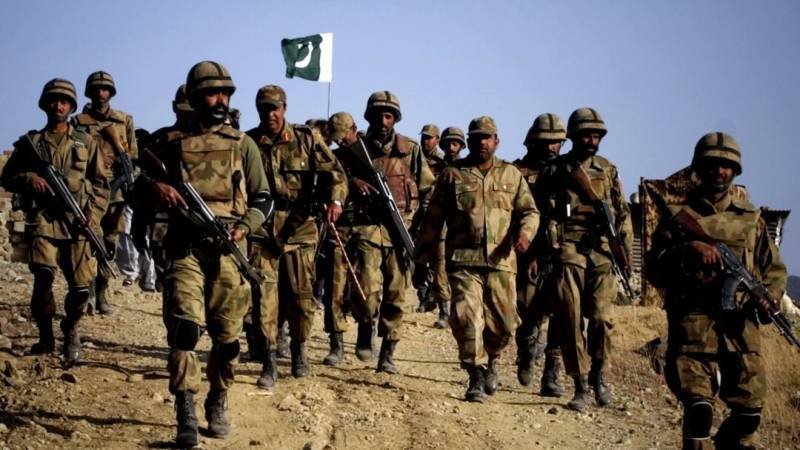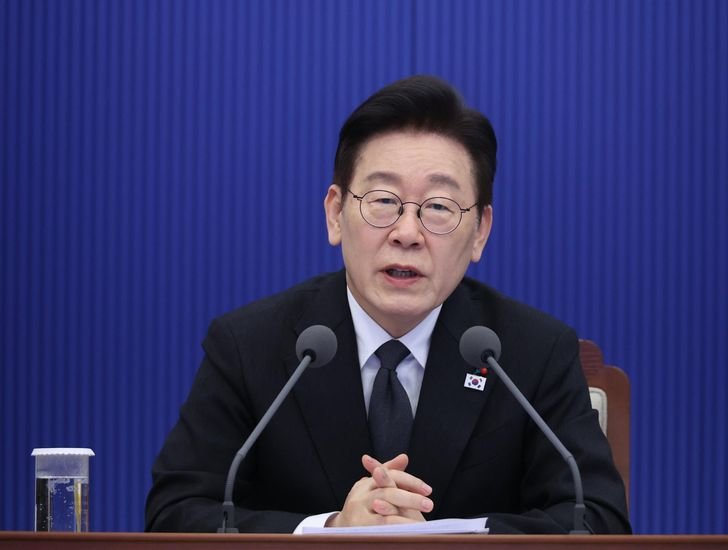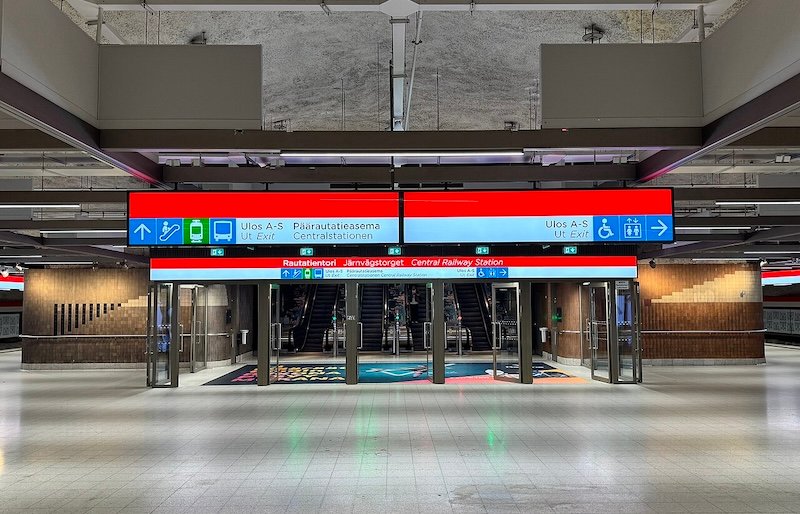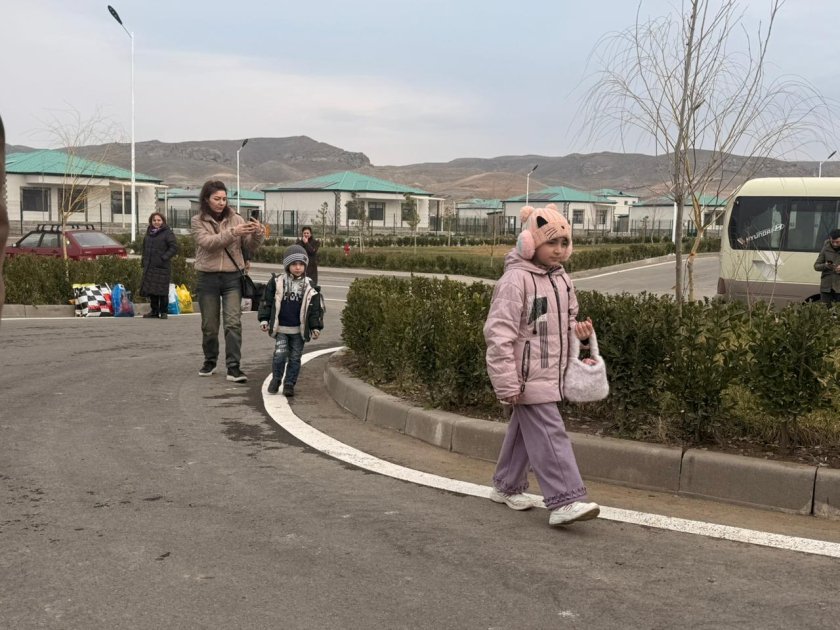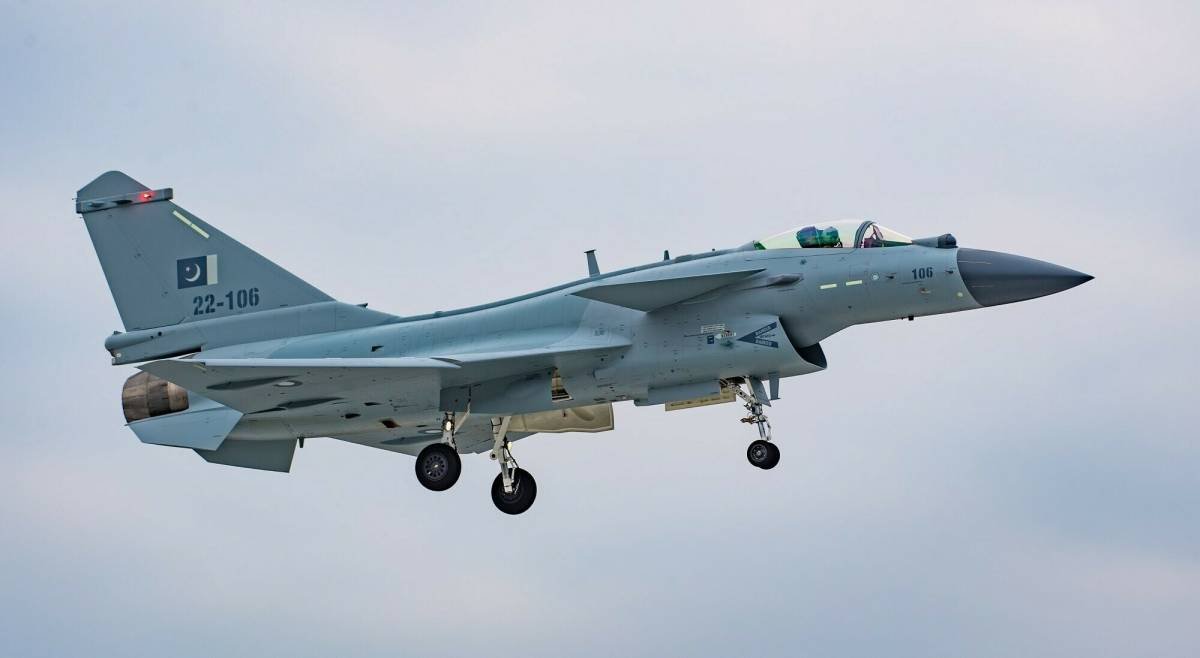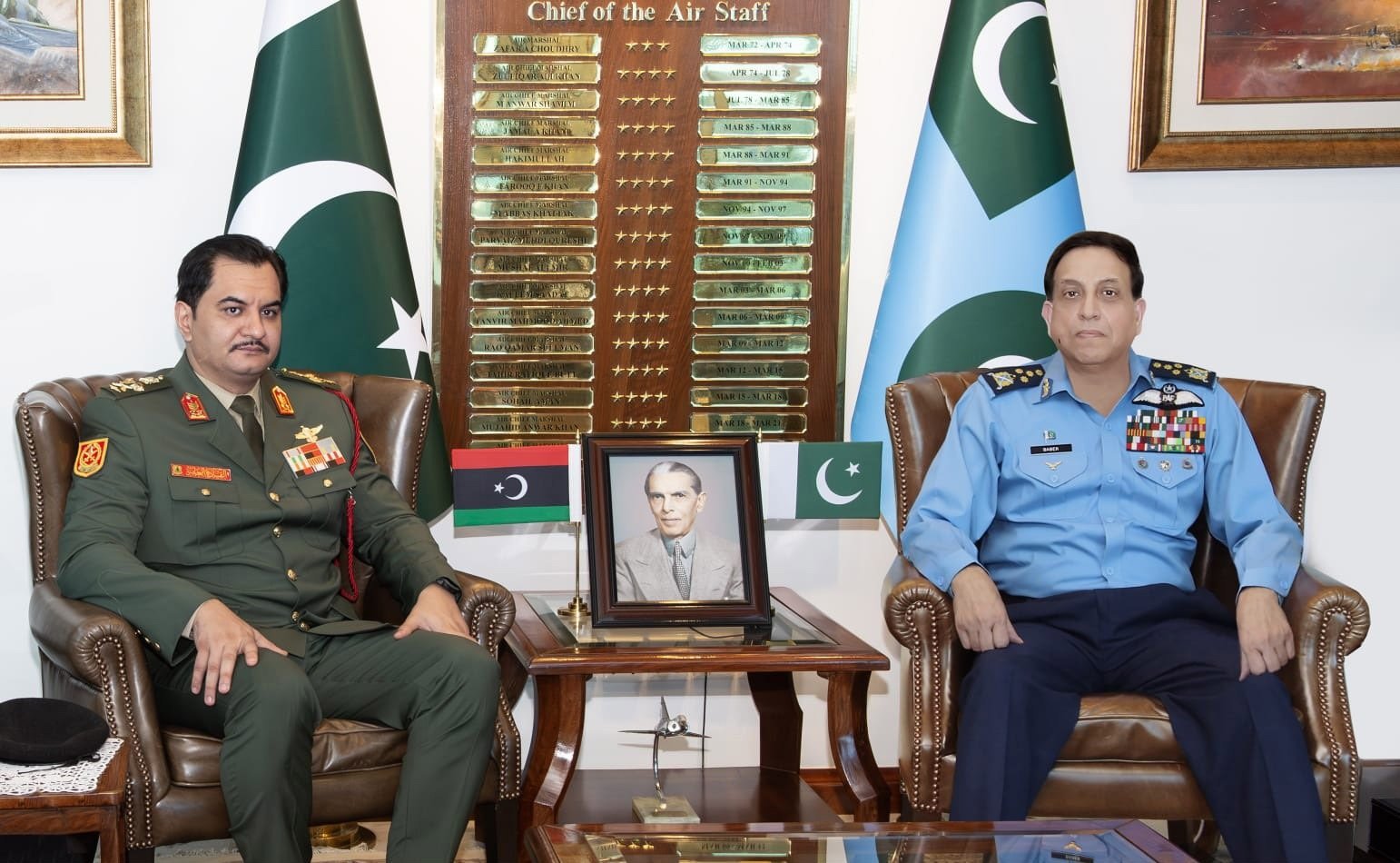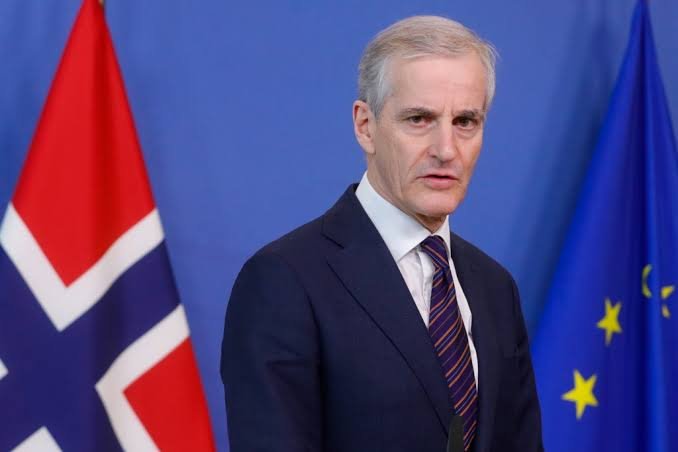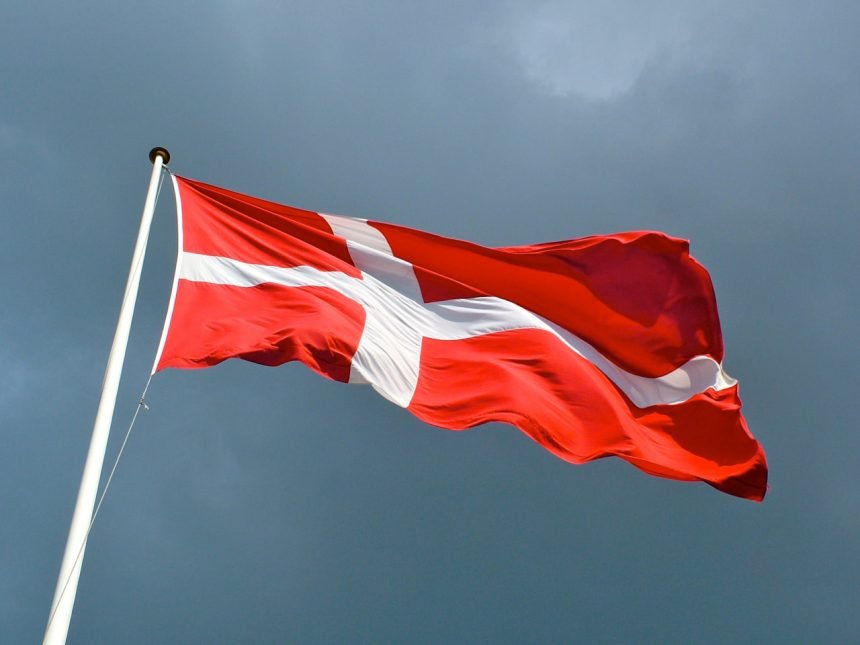On June 10, 2025, Baku emerged as the center of the Turkic world’s economic collaboration, hosting the Second Turkic States Trade and Investment Cooperation Forum at the prestigious Baku Expo Center. This high-level event, which runs through June 12, is a significant moment for deepening economic, trade, technological, and strategic integration among Turkic-speaking nations. Organized by Azerbaijan’s Small and Medium Business Development Agency (KOBIA) and the Center for Analysis and Communication of Economic Reforms (CAERC), in partnership with KOBSKA and Türkiye’s Rok Expo, the event represents a continued commitment to uniting economies across the Turkic world. Building on the momentum of the inaugural forum held in Istanbul in November 2024, the second edition welcomed official delegations and business leaders from Azerbaijan, Türkiye, Kazakhstan, Kyrgyzstan, Uzbekistan, Hungary, Turkmenistan, and the Turkish Republic of Northern Cyprus.
At the heart of the forum lies a shared aspiration to foster regional cooperation and cross-border economic synergy spanning over 35 sectors, including energy, agriculture, tourism, digitalization, the green economy, finance, and advanced manufacturing, and addressing vital issues such as investment prospects, trade barriers, innovation ecosystems, and arbitration in commercial disputes. Panel topics like “Digital Trade,” “Women Entrepreneurs,” and “The Power of Media in the Turkic World” reflect the forum’s inclusive and forward-looking agenda.
Significance of Forum
The forum was inaugurated with a keynote address by Dr. Vusal Gasimli, Executive Director of CAERC, who underscored the economic vitality and strategic potential of the Turkic world. He noted that the collective GDP of the Turkic states exceeds $2.1 trillion, with a population representing 2.8% of the global total and trade volumes accounting for 3.5% of global trade. This demonstrates a powerful dynamism, where Turkic nations punch above their weight economically. He highlighted robust sectoral strengths: $540 billion in industrial output, $140 billion in agricultural production, and nearly $1.4 trillion in banking assets.
However, he also acknowledged a collective budget deficit of $440 billion in 2024, urging fiscal prudence and better investment coordination. He emphasized the Turkic world’s role in global connectivity projects, including the EU’s Global Gateway, China’s Belt and Road Initiative, and the Trans-Caspian Middle Corridor, all of which position the region as a strategic land bridge linking Europe and Asia. Significantly, the forum put a spotlight on small and medium enterprises (SMEs), the backbone of regional economies.
A dedicated SME pavilion featured Azerbaijani microbusinesses and traditional producers supported by KOBIA. Products such as Garabagh-themed ceramics, handicrafts, beverages, perfumes, textiles, and hygiene goods were exhibited, including contributions from socially vulnerable groups, showcasing Azerbaijan’s commitment to inclusive and sustainable economic development.
Samir Hummetov, Deputy Chairman of KOBIA, stressed the untapped potential in intra-Turkic trade, which stood at $45 billion in 2024. He called for more robust efforts to eliminate non-tariff barriers and to facilitate SME access to foreign markets, noting that regional cooperation could multiply existing trade flows several times. Moreover, a Women Entrepreneurs Summit, integrated into the forum, emphasized the critical role of female leaders in the Turkic economies, reflecting growing recognition of gender inclusivity in economic policymaking and entrepreneurship, aligning with global best practices in economic development. In parallel, high-level discussions were held on creating better dispute resolution mechanisms, with sessions on arbitration and mediation in commercial transactions, as well as enhancing digital governance and cross-border digital trade mechanisms.
The forum also gained significant context from the 13th Meeting of the Organization of Turkic States (OTS), held in Bishkek in October 2024. There, ministers of economy and trade reiterated their commitment to Turkic economic integration. Kyrgyzstan’s Akylbek Japarov reported a 62% rise in trade turnover with OTS member states in recent years. Similarly, Kazakhstan’s Deputy Prime Minister Nurlan Baibazarov highlighted the establishment of the Turkic Investment Fund, a mechanism to pool capital and attract foreign direct investment, as well as proposals for a Green Finance Council, a Council of Central Banks, and the launch of the Turan Special Economic Zone in Turkestan. These steps, alongside the Baku Forum, signify a pivotable steps in the regional economic architecture. From Baku’s Garabagh artisans to Hungary’s tech innovators, the collaboration on display is a manifestation of mutual trust, economic potential, prosperity.
Azerbaijan’s Regional Commitments
Azerbaijan’s visionary Ilham Aliyev leadership role stands out prominently in this context, with foreign policy that has long emphasized a developmental or cooperative approach, and its investments in infrastructure, energy corridors, and diplomatic bridges have yielded dividends in regional trust. Azerbaijan continues to advocate for institutional reforms and increased influence for the Turkic Council (now Organization of Turkic States), aligning these efforts with broader national objectives such as energy security, digital transformation, and diversified exports.
Crucially, Azerbaijan’s belief in shared cultural and historical values as a basis for economic unity is central to this strategy. These commonalities allow the Turkic nations to coordinate more effectively by weaving together cultural diplomacy, economic cooperation, and joint development projects. Azerbaijan envisions a more cohesive, powerful, and global Looking ahead, the path to full economic integration will require structural reforms such as customs simplification and digital border management, interconnected energy and logistics infrastructure, common standards for trade, investment protection and arbitration, and educational and technological exchange frameworks. As such, the Second Turkic States Trade and Investment Cooperation Forum is not merely a trade exhibition but a significant platform for charting the region’s future.
The Baku forum marks a milestone in the collective journey of Turkic states toward becoming an economic bloc of global significance. With over $2 trillion in combined economic output, deepening interdependence, and rising investor confidence, the region is poised to redefine its role in Eurasian and global affairs. The forum’s success signals a cohesive, confident, and collaborative regional economic zone.

Executive Director, Pakistan Research Center for a Community with Shared Future (PRCCSF).

